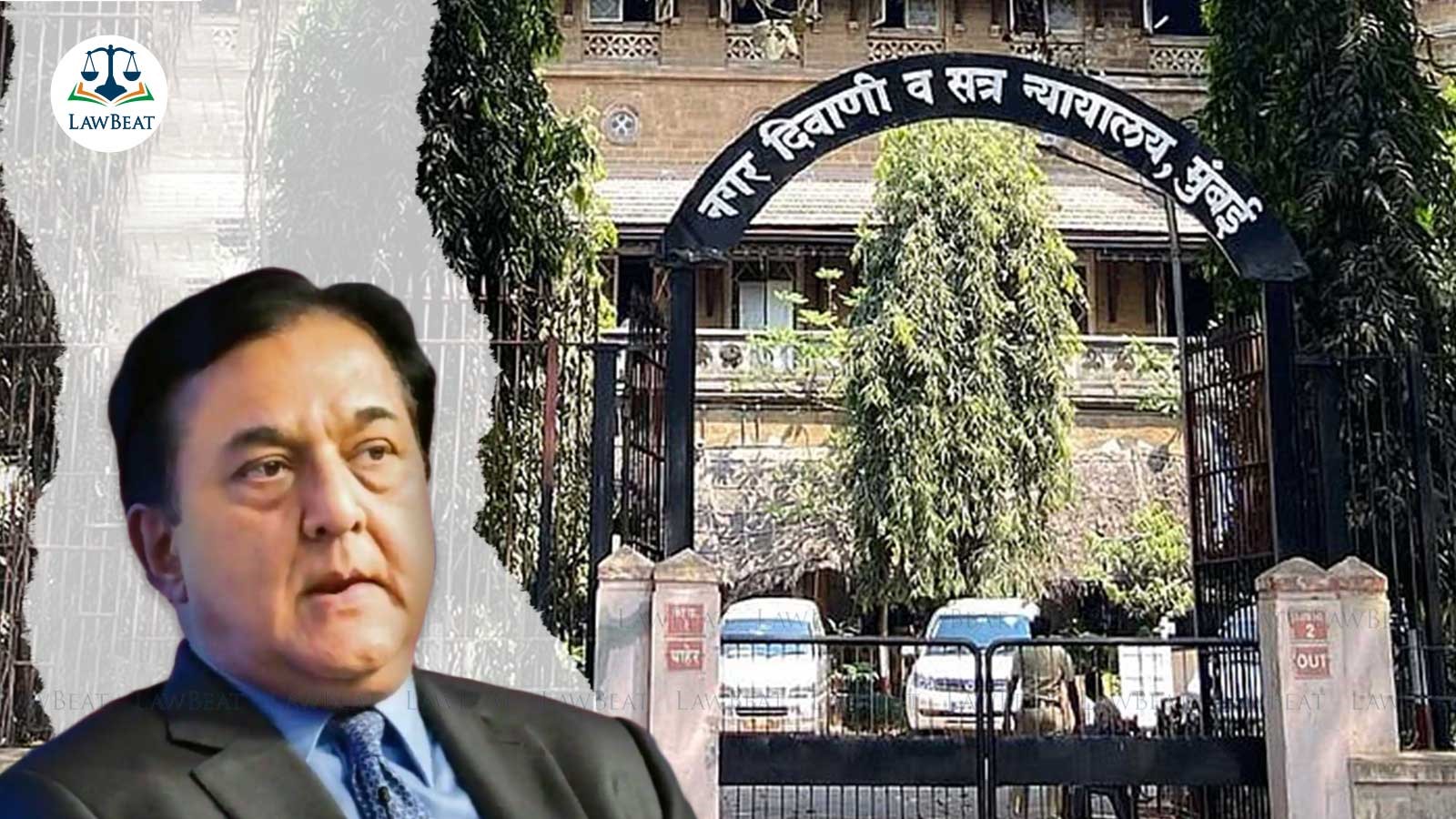In 21 Years Only 25 PMLA Cases Decided: Mumbai Court Grants Bail To Yes Bank Founder Rana Kapoor; Castigates ED For Prolonged Incarceration

The Enforcement Directorate had registered a PMLA case against the former MD and CEO of Yes Bank, accusing him of laundering money to the tune of Rs. 600 crores through his family members
On Thursday, a Mumbai court granted bail to Rana Kapoor, the founder of Yes Bank, in the money laundering case registered against him.
Special PMLA Judge MG Deshpande granted bail to Rana Kapoor on the ground that he had already served more than half of the total imprisonment that could be awarded to him.
The proviso to Section 436A of CrPc allows the court to grant bail after the undertrial has already served more than half of the total imprisonment that can be awarded.
The Enforcement Directorate had registered a PMLA case against the former MD and CEO of Yes Bank, accusing him of laundering money to the tune of Rs. 600 crores through his family members.
However, Rana Kapoor will still be inside the jail in the case registered by CBI against him.
The Special Judge, while passing the order granting bail to Kapoor, noted that the applicant had been unduly incarcerated for a prolonged period of 3 years and 9 months without a trial.
“In case, in future, accused is acquitted what about his undue incarceration amounting minimum sentence which he has undergone for no reasons? This is really a serious question. Prolonged undue incarceration of 3 years 9 months of applicant (A1) without trial and without even beginning the initial stage of framing charge and also without prompt step by the ED as mandated under Sec.44(1)(c) of the PML Act itself melt down the rigors of twin conditions under Sec.45(1) of the PML Act. Therefore, contention of ED to reject the bail application is nothing but giving implied grant to them to continue their further investigation until the period of 7 years and also more than that,” the order states.
The judge, in the order, noted that Kapoor had undergone more than half of the total imprisonment that could be awarded, leading to the presumption that he is convicted without framing charges, recording evidence, conducting a trial, or delivering a judgment on merits.
“The offence under Sec.4 provides punishment with rigorous imprisonment for a term which shall not be less than 3 years but which may extend to 7 years with fine. 3 years and 9 months till date incarcerated unduly by the applicant (A1) is nothing but a deemed conviction and sentence he has undergone for the rigors of twin conditions under Sec.45(1) of the PML Act. The applicant may not have merit, but he has merit under Sec.436A Cr.P.C., particularly when he had already undergone more period than the period of minimum sentence provided under Sec.4 of the PML Act. At present he (A1) has to be presumed convicted with minimum sentence provided for the offence under Sec.4 of the PML Act without framing charge, without recording evidence, without conducting trial and without delivering judgment on merits. Is this not a merit under Sec.436A Cr.P.C.?” the 83-page order stated.
Judge Deshpande also mentioned that while the ED may investigate endlessly, it does not mean that the accused cannot apply under Section 436A of CrPC
“ED may investigate endlessly, but the same confers right on accused to apply under Sec.436A Cr.P.C. In other words it can be said that further investigation as contemplated in Explanation (ii) to Sec.44 (1) of the PML Act, if causes delay in trial, that itself gives cause of action to any accused like the instant one (A1) who has been unduly incarcerated without trial, for agitating his right under Sec.436A Cr.P.C. which has roots in Art.21 of the Constitution of India,” the order stated.
While referring to the statistics of the last 21 years, the court noted that out of 1142 cases, hardly 25 cases could be disposed of, indicating a yearly ratio of 1 case per year across India.
The court observed that in such a situation, even if Kapoor’s case is scheduled every day, there is no likelihood of its disposal, at least in the coming 2 years.
Case title: Rana Kapoor vs ED
